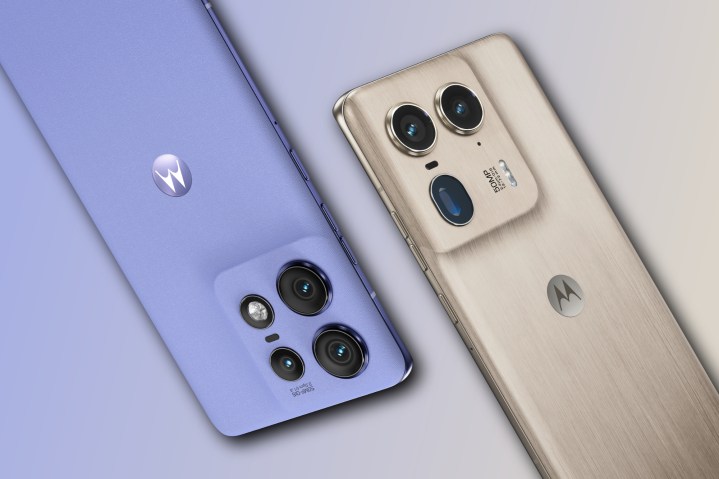TECH

Lenovo and its subsidiary Motorola Mobility are facing a significant legal challenge in Germany following a court ruling that has imposed a sales ban on their devices equipped with WWAN modules, essential for mobile internet connectivity. This drastic measure stems from a patent dispute with the American technology firm InterDigital. The Munich I District Court ruled in early May in favor of InterDigital, leading to an immediate enforcement of the ban after the plaintiff deposited a security deposit of four million euros.
The crux of the dispute revolves around the licensing terms for WWAN technology used in Lenovo’s products, including recently launched smartphone models such as the Edge 50 Ultra. These devices utilize technology for which InterDigital holds patents, and disagreements have arisen over the fees Lenovo should pay for their use. InterDigital claims that Lenovo has not met its demands for fair and reasonable licensing fees, which has led them to seek legal recourse. Lenovo, on the other hand, argues that InterDigital’s terms are not fair and plans to appeal the decision.
The court’s decision has led to immediate consequences for Lenovo’s operations in Germany. As of the ruling, Lenovo is prohibited from selling, offering, or importing any WWAN-enabled devices, including smartphones, tablets, and laptops that use mobile networks like GSM, UMTS, LTE, and 5G. This affects not only Motorola‘s smartphones but also Lenovo’s broader range of mobile-enabled devices.
For German consumers, the impact is gradually becoming apparent. Although Lenovo and Motorola Mobility have ceased listing the affected products on their German websites, some retailers continue to sell existing stock. Once these stocks deplete, however, potential shortages and delivery issues could occur.
This legal battle is not isolated but part of a broader pattern of disputes over so-called standard-essential patents, which are critical for key technological functionalities in mobile communications. The disagreements often hinge on the interpretation of what constitutes fair, reasonable, and non-discriminatory (FRAND) licensing terms—a matter still not clearly defined in European law.
This situation underscores ongoing tensions in global tech regarding patent licensing, with Germany becoming a focal point due to its plaintiff-friendly legal framework for patent litigation. This has significant implications for the tech industry, potentially affecting how companies negotiate licensing agreements and manage their intellectual property in key markets worldwide. While the ban is currently in place, history suggests that it is possible for companies to eventually reach a settlement that could mitigate the terms of the initial court ruling.
mundophone

No comments:
Post a Comment